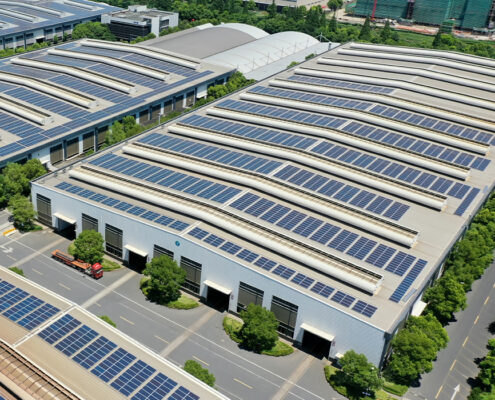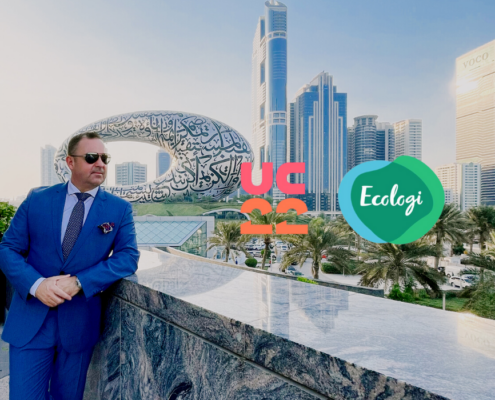 https://www.united-capital.co.uk/wp-content/uploads/2023/10/Untitled-design-42.png
700
900
fkirk86
https://www.united-capital.co.uk/wp-content/uploads/2021/03/uc_logo.png
fkirk862023-08-07 12:08:252023-10-21 12:16:30Why are investment firms focussing on environmental factors?
https://www.united-capital.co.uk/wp-content/uploads/2023/10/Untitled-design-42.png
700
900
fkirk86
https://www.united-capital.co.uk/wp-content/uploads/2021/03/uc_logo.png
fkirk862023-08-07 12:08:252023-10-21 12:16:30Why are investment firms focussing on environmental factors?Investors in decarbonisation are driving much-needed change across the building services industry in two ways; by investing in companies which are ready to make the switch to working sustainably, and by building groups which are capable of successfully delivering large-scale governmental decarbonisation contracts.
It’s more necessary than ever to come at the decarbonisation challenge from a position of strength, because we are once again in precarious economic times. With the UK on the brink of recession business leaders are under serious pressure to make big decisions, from pausing recruitment to making redundancies, and cutting departmental budgets wherever possible.
In the context of the country’s 2050 net-zero targets, budget-cutting has become even tougher, as each business has its own climate change targets to meet. For business owners, suddenly the sustainability budget begins to look like a nice to have, rather than a must have.
Operational sustainability is table stakes for decarbonisation contracts
But companies in the building services sector don’t have that luxury, as they must shoulder the burden of urgently decarbonising infrastructure. These companies must invest in operational sustainability as a matter of course, as that’s now table stakes for winning decarbonisation contracts. They must also offer clients expertise in an ever-increasing array of renewable technologies, which means constantly investing in upskilling employees.
With that in mind, joining a growing group is a lever business leaders can pull to unlock financial investment, which will support the transition to sustainable operations and delivery. United Capital assesses companies on a range of criteria, and one factor is how far along the sustainability track each company is or – if they are at the very beginning of their journey – how ready and willing they are to shift direction.
With 2050 not that far off, and the status quo being very much not an option, there are ways to maintain your commitment to building a sustainable business, and making your company all the more attractive to a decarbonisation investment groups.
Become a lean green machine
There will be quick and easy ways to lower your costs while boosting your green credentials, such as transitioning your vehicle fleet to electric, or finding more sustainable premises rather than that draughty workshop you’ve put up with for decades. With energy prices rocketing you’ll save a fortune on bills and dramatically shrink your carbon footprint at the same time.
Set your business direction
Renewables and decarbonisation are broad areas of focus, so find your area of expertise and invest in it. Whether you become expert solar panel installers, or become the partner of choice for school building decarbonisation for example, pick an area of focus you can afford to invest in properly. This also gives you a niche as part of an investment group, and you’ll add massive value to that group’s ability to win contracts.
Pull the right levers
Decarbonisation is a quickly-changing field right now, and nobody really knows what the dominant technologies will be in 10, 20, 30 years time, and that makes it incredibly difficult to build a long-term business strategy. Consider the levers you can pull right now, such as understanding your carbon footprint end-to-end, and making changes where you can.
Perhaps the most important lever to pull is that which will give you financial investment to support your commitment to sustainability, both in your operations and your customer offering. Joining a decarbonisation investment group is a path to governmental contracts which most smaller organisations can’t access, and you’ll more closely meet the criteria by making some simple cost-effective changes to your short-term business strategy.












